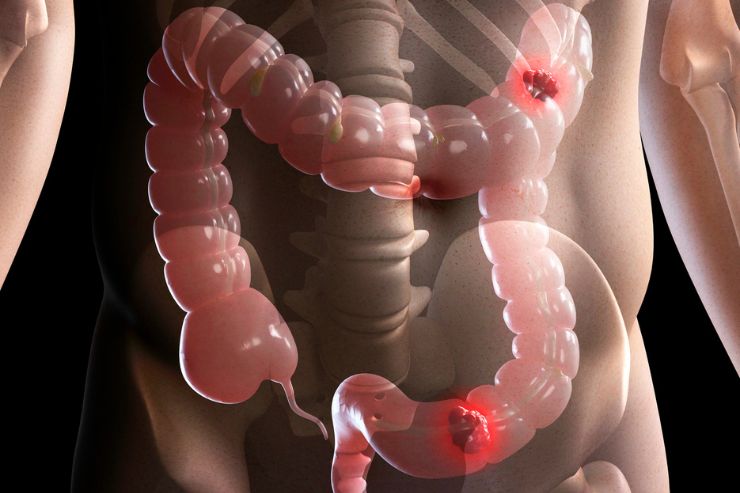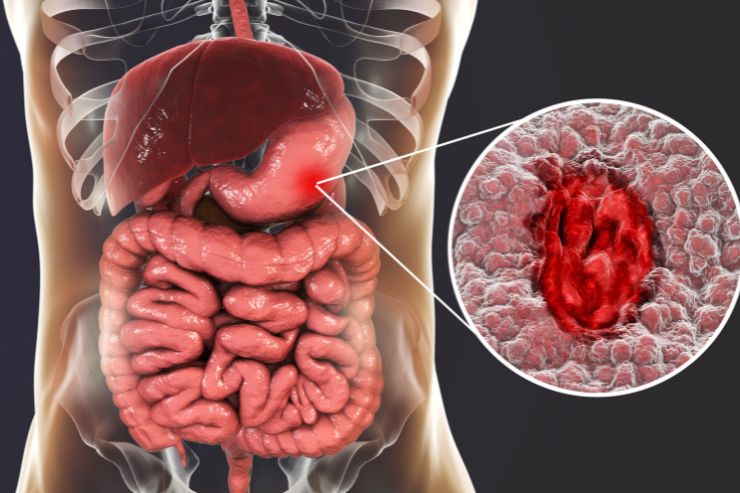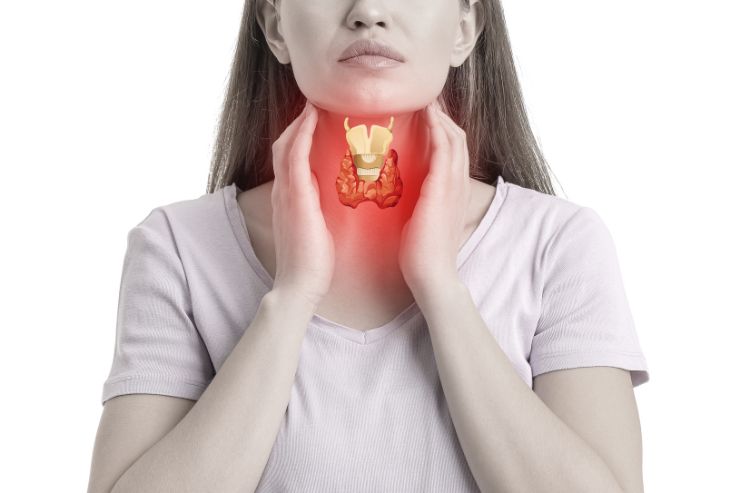Services

Appendicitis
Appendicitis is an inflammation of the appendix, causing severe abdominal pain, often starting near the navel and shifting to the lower right side. Symptoms include nausea, vomiting, fever, and loss of appetite. Prompt medical attention is crucial; untreated appendicitis can lead to serious complications like rupture.

Hernias
Hernias occur when an organ or tissue pushes through a weak spot in the abdominal wall. Inguinal hernias affect the groin area, while ventral hernias occur through an abdominal incision or weakened area. Symptoms include a visible bulge, pain, and discomfort, especially when lifting or straining. Surgical repair is often required to prevent complications.

Cholecystitis
Cholecystitis is the inflammation of the gallbladder, often caused by gallstones blocking the bile ducts. Symptoms include severe abdominal pain, nausea, vomiting, fever, and sometimes jaundice. This condition requires prompt treatment, typically involving antibiotics and surgery to remove the gallbladder to prevent further complications.

Bowel Obstruction
Bowel obstruction occurs when the intestines are blocked, preventing food, fluids, and gas from passing through. Causes can include scar tissue, tumors, or hernias. Symptoms include severe abdominal pain, bloating, vomiting, and inability to pass stool or gas. Immediate medical attention is needed to relieve the obstruction and prevent complications.

Perforated Ulcers
A perforated ulcer is a severe condition where an ulcer in the stomach or small intestine creates a hole, allowing digestive fluids to leak into the abdominal cavity. This can cause sudden, intense abdominal pain, nausea, vomiting, and fever. It's a medical emergency requiring immediate surgery to repair the hole and prevent serious infections.

Trauma Surgery
Trauma surgery involves the surgical treatment of injuries caused by accidents, falls, or violence. It addresses damage to organs, tissues, and bones, often in emergency situations. Procedures may include repairing internal injuries, stabilizing fractures, and controlling bleeding. Timely and skilled intervention is crucial for optimal recovery and minimizing complications.

Medical Services
Medical services encompass a broad range of healthcare activities aimed at diagnosing, treating, and managing health conditions. These services include routine check-ups, diagnostic tests, treatment plans, preventive care, and management of chronic diseases. They ensure comprehensive care tailored to individual health needs and promote overall well-being.

Endocrinology
Endocrinology is the branch of medicine focusing on hormone-related disorders and the endocrine system. It involves diagnosing and treating conditions like diabetes, thyroid disorders, and adrenal gland issues. Endocrinologists manage hormonal imbalances, metabolic disorders, and provide specialized care to regulate hormone levels and improve overall health.

Rheumatology
Rheumatology is the medical specialty that deals with diagnosing and treating rheumatic diseases, which affect the joints, muscles, and bones. It includes conditions like arthritis, lupus, and gout. Rheumatologists focus on managing pain, inflammation, and immune system dysfunction to improve mobility and quality of life.
